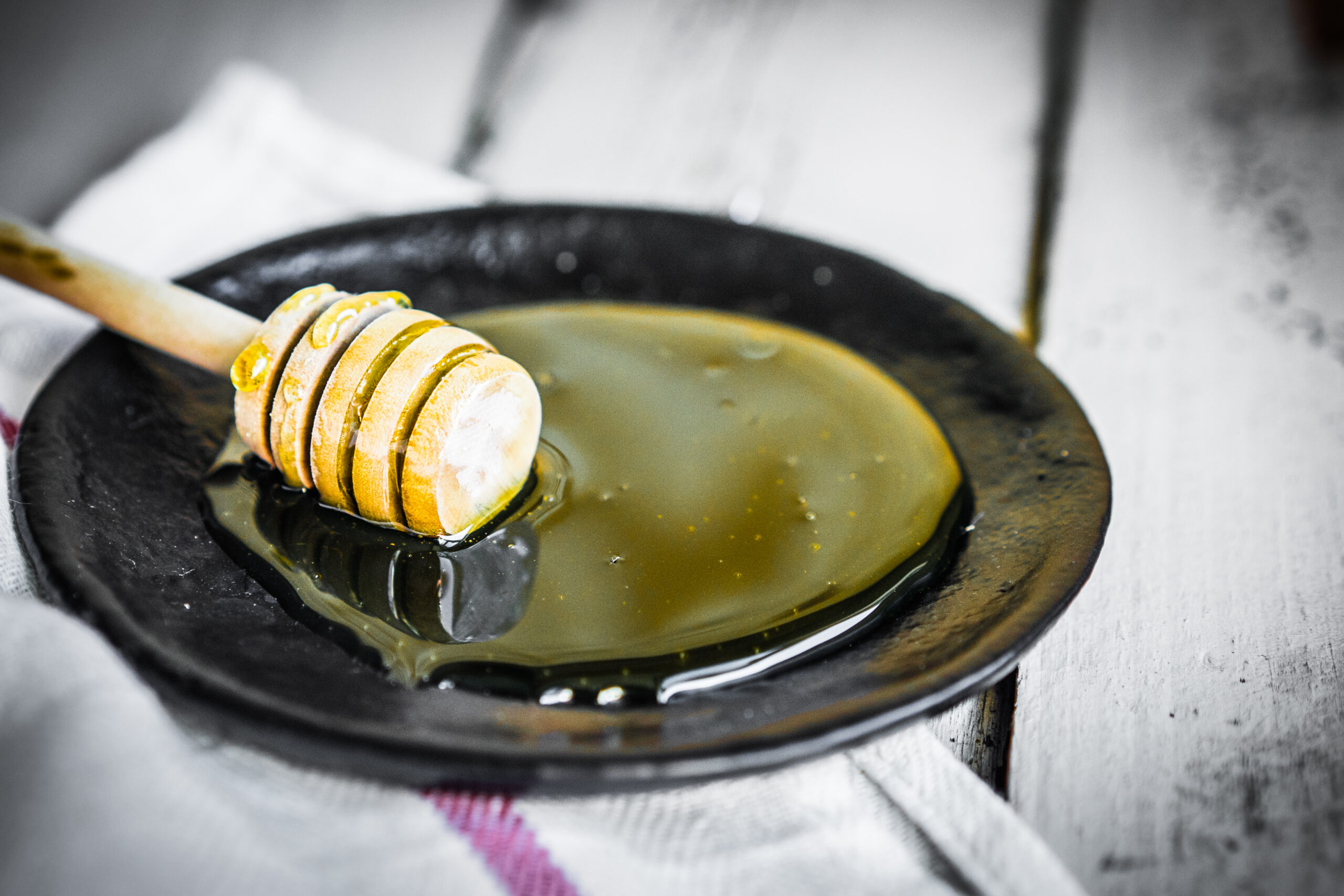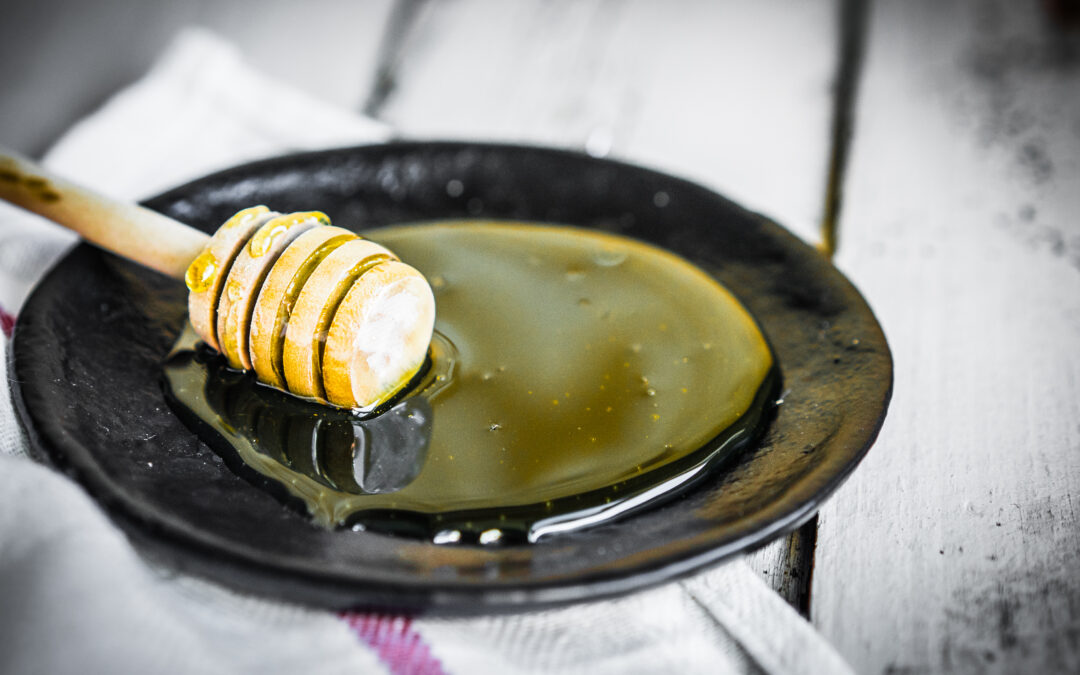Are you ready to embark on a rewarding and fascinating hobby that will not only provide you with sweet treats but also help the environment? Beekeeping is an excellent choice for those who want to try something new, make a positive impact on nature, and enjoy fresh honey straight from their backyard. In this blog post, we’ll explore why beekeeping is such a great idea and how you can get started in this exciting pastime.
Introduction to Beekeeping as a Hobby
Bees are essential creatures that play a critical role in pollination, which helps plants reproduce and produce fruit. By keeping bees at home, you’re contributing to the health of your garden and local ecosystem while enjoying delicious honey and other benefits. Beekeeping is a fun and educational activity that anyone can do, regardless of age or experience level. It’s a fantastic way to connect with nature, learn about science, and develop valuable skills.
The Benefits of Keeping Bees at Home
There are many reasons why people choose to keep bees as a hobby. Here are some of the top advantages:
Fresh Honey: One of the primary benefits of beekeeping is getting access to fresh, pure honey straight from your own backyard. You can use it to sweeten your tea, bake delicious desserts, or even create your own beauty products.
Pollination: Bees are natural pollinators, which means they help plants reproduce and produce fruit. By keeping bees at home, you’re helping to support local flora and fauna, including your own garden.
Environmental Impact: Bee populations have been declining due to habitat loss, pesticides, and climate change. By becoming a beekeeper, you’re doing your part to protect these important insects and promote environmental sustainability.
Educational Opportunities: Beekeeping provides endless opportunities for learning and exploration. You can study the life cycle of bees, learn about plant biology, and discover the magic of nature up close.
Getting Started with Beekeeping: What You Need to Know
So, you’ve decided to take the plunge into beekeeping! The first step is to educate yourself about what’s involved. Here are some things you need to know before starting:
Safety Gear: When working with bees, safety is paramount. Make sure you wear appropriate clothing, including gloves, a veil, and boots. Some beekeepers also use suits to protect themselves fully.
Equipment: You’ll need various tools and equipment to care for your bees and their hive. This includes hives, frames, smokers, hive tools, and more. You may also want to invest in books or courses to learn more about beekeeping basics.
Location: Choose a location for your apiary (beehive) that has plenty of sunlight, shelter from wind, and easy access to water. Avoid placing it near high traffic areas or polluted environments.
Caring for Your Bees and Their Hive
Once you’ve gotten all set up, it’s time to start caring for your bees and their hive. Here are some tips for success:
Inspect Regularly: Check on your bees regularly to ensure they’re healthy and thriving. Look for signs of disease, parasites, or other issues that could harm them.
Monitor Hive Activity: Pay attention to the amount of activity around the hive entrance. If there’s little activity, it could indicate a problem.
Feed if Necessary: Sometimes, bees require additional feeding during times when flowers aren’t blooming. Consider providing sugar syrup or another food source to supplement their diet.
Harvest Honey: After your bees have produced enough honey, it’s time to harvest it! Use a centrifuge or extractor to remove the honeycomb from the frame and collect the liquid gold. Filter out any impurities, and voila – you’ve got homemade honey to enjoy!

Conclusion
Beekeeping is a wonderful hobby that offers numerous benefits to both individuals and the environment. Whether you’re interested in fresh honey, supporting local wildlife, or simply trying something new, beekeeping is definitely worth considering. With proper education, safety precautions, and dedication, you too can become a successful beekeeper.





